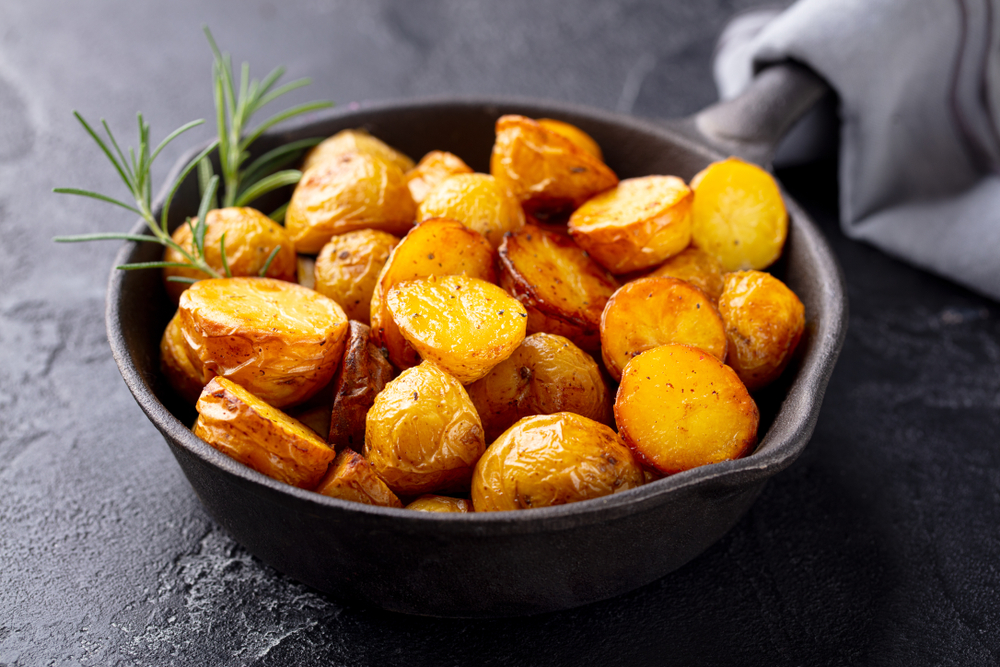
With the cost-of-living escalating, which will be even more noticeable over the Christmas period, many of us turn to nature for some free health in the form of fresh air!
We naturally tend to spend more time indoors during the colder months which is not ideal for our physical or mental wellbeing. So, this festive season, why not seek the great outdoors, enjoy plenty of walks and be rewarded with amazing health benefits.
Clinical Nutritionist, Suzie Sawyer, shares the benefits of winter walking and how to fuel your body before, during and afterwards.
What are the health benefits of walking?
Even walking for 20 minutes (brisk walking is always best), will deliver health benefits in terms of improved circulation, better mental wellbeing, and blood sugar balance. Indeed, if you’re trying to lose weight, there’s much research to suggest that walking for 20 minutes after your evening meal, helps the insulin response. This in turn helps to balance blood sugar and encourages less of any excess calories eaten, to be stored as fat. It’s free and it works!

Obviously, if you can walk for at least 30 minutes, or longer, the health benefits will increase. If you’re struggling with high blood pressure, then it’s a great exercise option. Furthermore, in terms of mental wellbeing, just being out in the fresh air and connecting with nature is great for managing stress and anxiety.

If you’re struggling to sleep, it’s also super-important to get outside into the light, especially in the morning. Research suggests that being outside in the morning light encourages better production of melatonin, our sleep hormone, at night.
What should I eat?
Unlike some forms of exercise, no special diet is needed. However, if you’re heading out for a longer walk, then you need to be fuelled up and ready to go.
 One of the best starts to a long walk in the winter months is a bowl of porridge, made with whole grain oats, some berries, and a spoonful of natural or plant-based yoghurt. Oats are slowly digested in the digestive tract, so energy levels are sustained, and they also provide plenty of energising B-vitamins.
One of the best starts to a long walk in the winter months is a bowl of porridge, made with whole grain oats, some berries, and a spoonful of natural or plant-based yoghurt. Oats are slowly digested in the digestive tract, so energy levels are sustained, and they also provide plenty of energising B-vitamins.

Pack up some protein-filled sandwiches on whole grain bread, featuring ham, chicken or tuna, with some home-made energising coconut and peanut protein balls, and both will keep you strongly striding all day long. I love this recipe and it’s really easy and quick to make.
How can I get warm after my walk?
Brisk walking keeps you warm but when the light starts to fade, temperatures plummet, and you can start to feel distinctly chilly. There’s nothing better than returning home to some wonderfully warming and filling soup. Root vegetables are in season during the winter months for very good reason; they are naturally energy and nutrient-dense and will help to get some much-needed warmth back into the body.

Parsnip soup is a traditional Christmas dish so why not add some other winter vegetables such as apples, potatoes, garlic, and onion and top with delicious goat’s cheese and walnuts?

Other warming winter favourites are casseroles or curries. Investing in a slow cooker is a great idea since they use very little power, and you can put all the ingredients into the pot without too much preparation before the walk. The long slow cooking time ensures you’ll never be disappointed with the taste. It makes winter walking even more worthwhile.
So, get out there and enjoy some festive walks this season. And one last reminder: always wear a hat as a large percentage of body heat escapes from the head!
FOR MORE GREAT NUTRITION AND LIFESTYLE ADVICE:
Sign up to receive our blog and get a weekly dose of the latest nutrition, health and wellness advice direct to your inbox.
Follow us on Instagram @feelaliveuk or on Twitter @feelaliveuk for nutrition, lifestyle and well-being tips.
Visit us at www.feelaliveuk.com for the latest offers and exclusive Alive! content.
Follow and Chat with Suzie on Twitter @nutritionsuzie
For everything you need to know about vitamins, minerals and herbs visit our sister site Herbfacts
All images: Shutterstock












